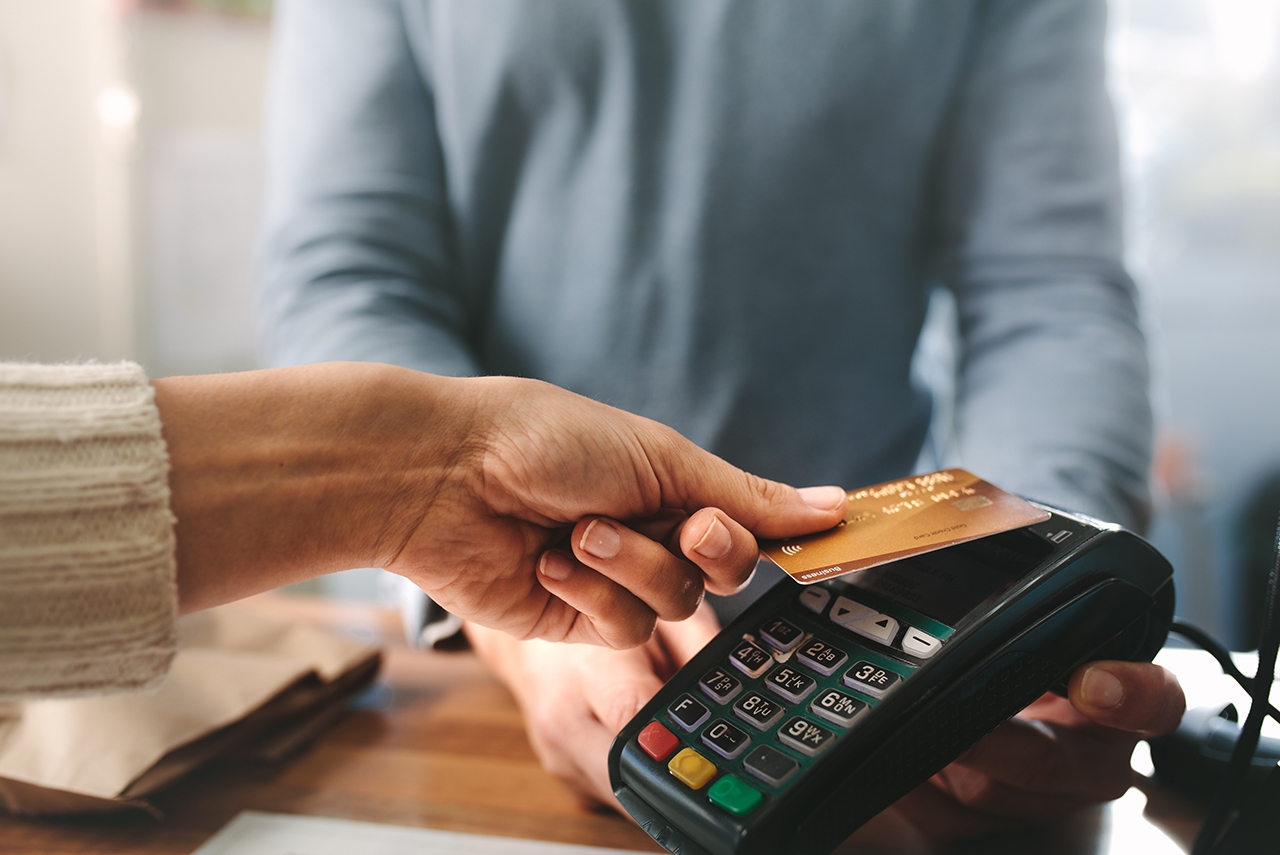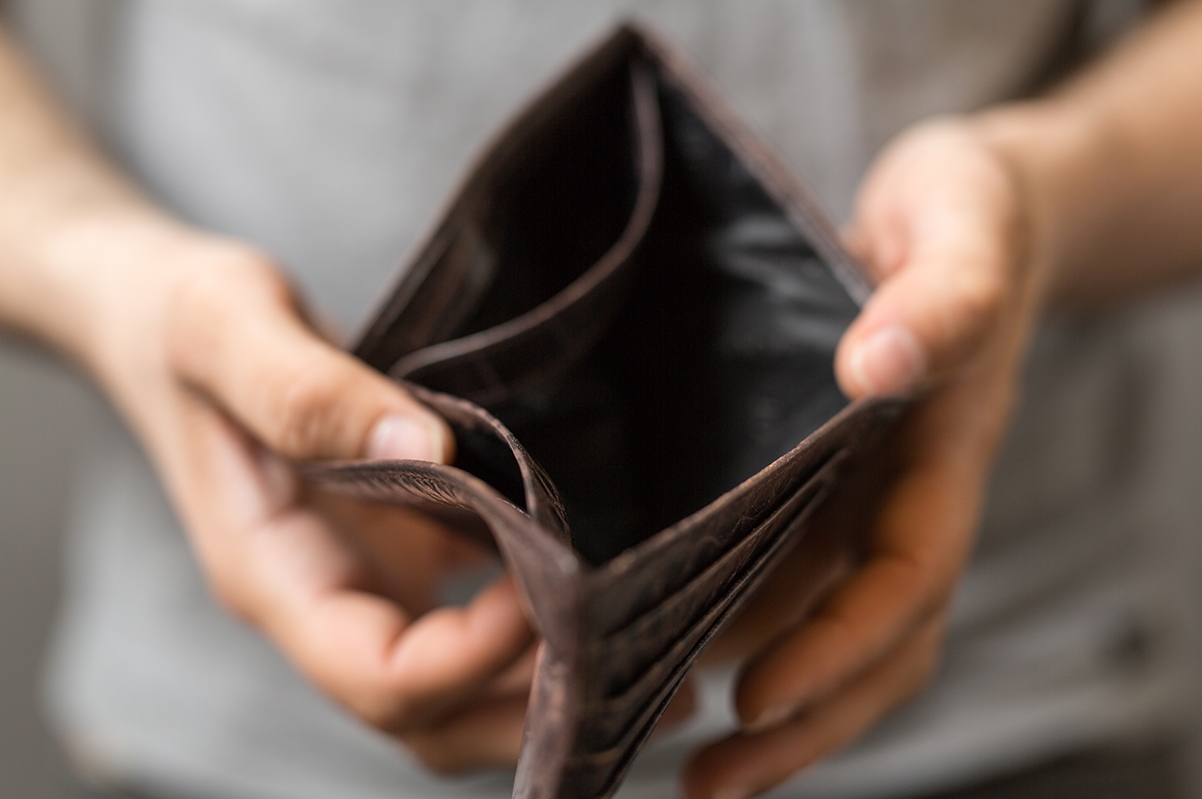When Should I Prepare a Will and How Much Does It Cost?
A will ensures your assets are distributed as you wish. This guide covers who needs a will, when to prepare one, what to include, and the associated costs, helping you plan your legacy with ease.

1. The Importance of a Will: Ensuring Your Wishes Are Honored
Using a will, you can distribute your property to whomever you want to have it after your death. A will ensures the distribution of your property takes place exactly as you want it to. Of course you must have property before you can establish a will!
2. Are wills necessary?
No: If you have all your property in joint ownership with the person you wish to inherit the property after your death, then a will is not necessary. If you have the intended recipient of the asset as the beneficiary of the asset, then a will is not necessary. If however you have assets that are assigned to your estate after death, you need to have a will to ensure your property goes where you want it to or it may go to folks you did not intend it to go to or it may go to the state!
3. Who needs a will?
Anyone with property or assets: A will is a good way of keeping track of your assets and how they are to be disposed after your death. If you change your mind about the disposal of any item, that change should be made in your will and on the asset in a beneficiary is listed on the asset. A will is also the fastest and easiest way to bring closure after your death.
4. Who prepares a will?
You can do it yourself: Once you are clear on what assets you own and how you want them distributed after your death, you can prepare your will yourself in clear precise language then sign it in the presence of two witnesses who can attest to your being of sound mind and who must sign as having witnesses your signing. The witnesses must not be beneficiaries in your will. There are a number of other publicly available stipulations to be followed in the preparation of a will. Once these are followed you will have a valid will. Alternatively, you can have an Attorney prepare your will for you. The cost for this service is usually a percentage of the value of your estate i.e. the property you have to distribute.
5. When should I prepare a will?
Anytime before you die: Since we do not know when death will occur, it is a good idea to prepare a will once you have assets whether assigned (to a beneficiary) or not. Once you start contributing to a pension plan, it is a good time to contemplate the preparation of a will. Otherwise once you start accumulating assets, a will becomes essential.
6. What sorts of things do I put in a will?
Everything of value including your organs. Your will could contain all your assets such as:
- Real estate
- Jewelry
- Paintings
- Money in financial institutions
- Time Sharing property
- Stocks & Bonds or options
- Bills of exchange
- Livestock and other farming property
- Interest in any asset, company, prospectus
- Endowment policies
- Assignment of your pet parrot, china and other possessions
- Organs to be donated for research or other use
7. What happens if I die without a will?
Your next of kin will have to engage a lawyer to initiate the process of getting letters of administration. This process takes some time (three months and longer). After this is completed that individual can start managing your assets. Even before the letters of administration are processed, those assets that have beneficiaries assigned to them as well as those that were held jointly with someone else will be distributed to the beneficiaries and joint owners will become owners of the shares which previously belonged to the deceased.
8. How much does a will cost?
If you engage an attorney to prepare your will, the cost is apt to be a per cent of the value of the property you have in the will. If you want to keep your cost down, you can exclude those items that you have already assigned beneficiaries to and you can exclude those accounts and facilities that you have joint with your intended beneficiary.
9. Conclusion
A will can be a relatively inexpensive tool in your financial tool-kit which keeps you informed of your assets. It is better to have a will as it simplifies the process distributing your assets after your death as it passes your wealth to the next generation whom you hope would add to it for the next generation. If you have several assets that are not included in your will, it is advisable to have a complete list of your assets attached to your will in a safe, dry place.
Related Publications
Discover More! Dive into These Related Publications for Practical Tips and Expert Insights to Empower Your Financial Choices:


